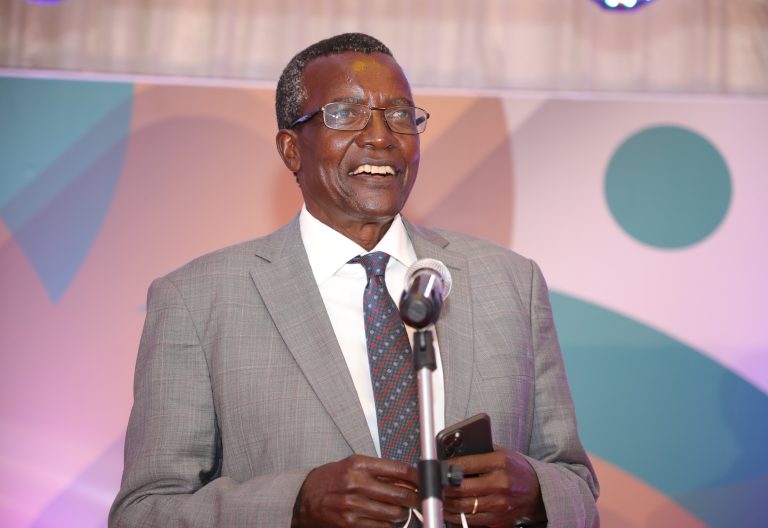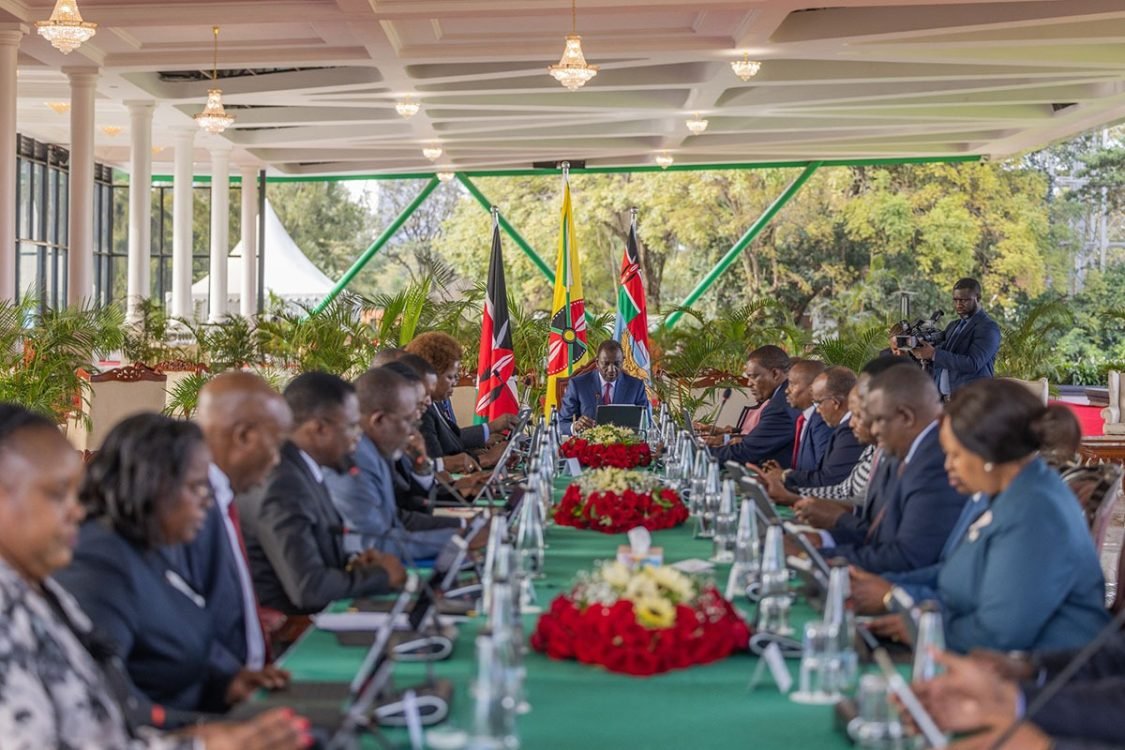Ruto’s Cabinet misstep worsens political crisis
By Alberto.Leny, July 23, 2024President William Ruto’s decision to reappoint six Cabinet secretaries he dismissed following mass protests and a public outcry has elicited sharp reactions.
Their reinstatement flies against public expectations and seems to maintain the hardline stance that triggered the Generation Z protests. Ruto’s announcement of the names along with a plan to form a new broad-based government has already run into headwinds, deepening the national crisis.
Gen Z protests illustrated public opposition to the unpopular 2024 Finance Bill he was forced to withdraw after failing to listen to its overwhelming rejection by the people.
Ruto said his move came after “reflection and listening to Kenyans”, but from the reactions, it appears the people are not convinced.
Most Kenyans expected the new Cabinet not to include the sacked CSs, to be younger and dominated by professionals instead of long-time politicians and Ruto’s allies.
Two top lawyers argued that all the dismissed CSs are unfit to hold any public office, appointive or elective, after being fired.
They claimed the move would engulf Ruto in a fresh political crisis and an unparalleled constitutional imbroglio. The political ramifications are already reverberating.
Gen Z demonstrations, in which 50 people have died, began as a response to proposed tax increases. However, after Ruto withdrew the bill, the young protesters filed a raft of demands and calls for Ruto to resign.
Following the Cabinet sackings, Inspector-General of Police Japheth Koome resigned. Human rights groups accuse the police of shooting dozens of protesters, some of them fatally, and abducting or arbitrarily arresting hundreds more. One of those reappointed to the Cabinet is Kithure Kindiki, despite numerous calls for him to resign over the way the police handled the protests.
Ruto’s plan to foster national dialogue and form a broad-based government of national unity is believed to have been agreed to include Cabinet positions for allies of his political nemesis and Opposition leader Raila Odinga. However, the plans have been thrown into disarray following the reappointment of his close allies to the Cabinet. Azimio la Umoja leaders have joined the public chorus in rejecting the appointments.
Facing opposition from the public and even his closest allies, Raila said he would not participate for now in the national multi-sectoral dialogue Ruto has proposed, demanding that justice must come before talks.
He said he stands in solidarity with the young people who have led the popular anti-government protests for over one month. Raila’s about-turn has thrown Ruto’s attempt to restore national cohesion and reconciliation into jeopardy.
Issues of good governance, high cost of living, tribalism and corruption are at the top of the agenda the people want in their dialogue with Ruto. Raila said on Sunday he would not take part in the dialogue unless there is compensation for every victim of police brutality and dismissal of all protest-related cases and the release of all abductees and those in jail.
Raila also demanded the prosecution of all security-sector perpetrators who have facilitated atrocities on peaceful Kenyans and the resolution of outstanding healthcare workers and teachers’ grievances.
Without Raila, the youth, professionals, the Opposition, civil society, the clergy and broad public participation, Ruto’s proposed dialogue will be dead in the water.
With demands for the dialogue to be anchored on national and constitutional matters, the President will have to listen very carefully to the people. Otherwise hopes of resolving the current political and economic crisis remain bleak.
— The writer comments on national affairs-
More Articles

